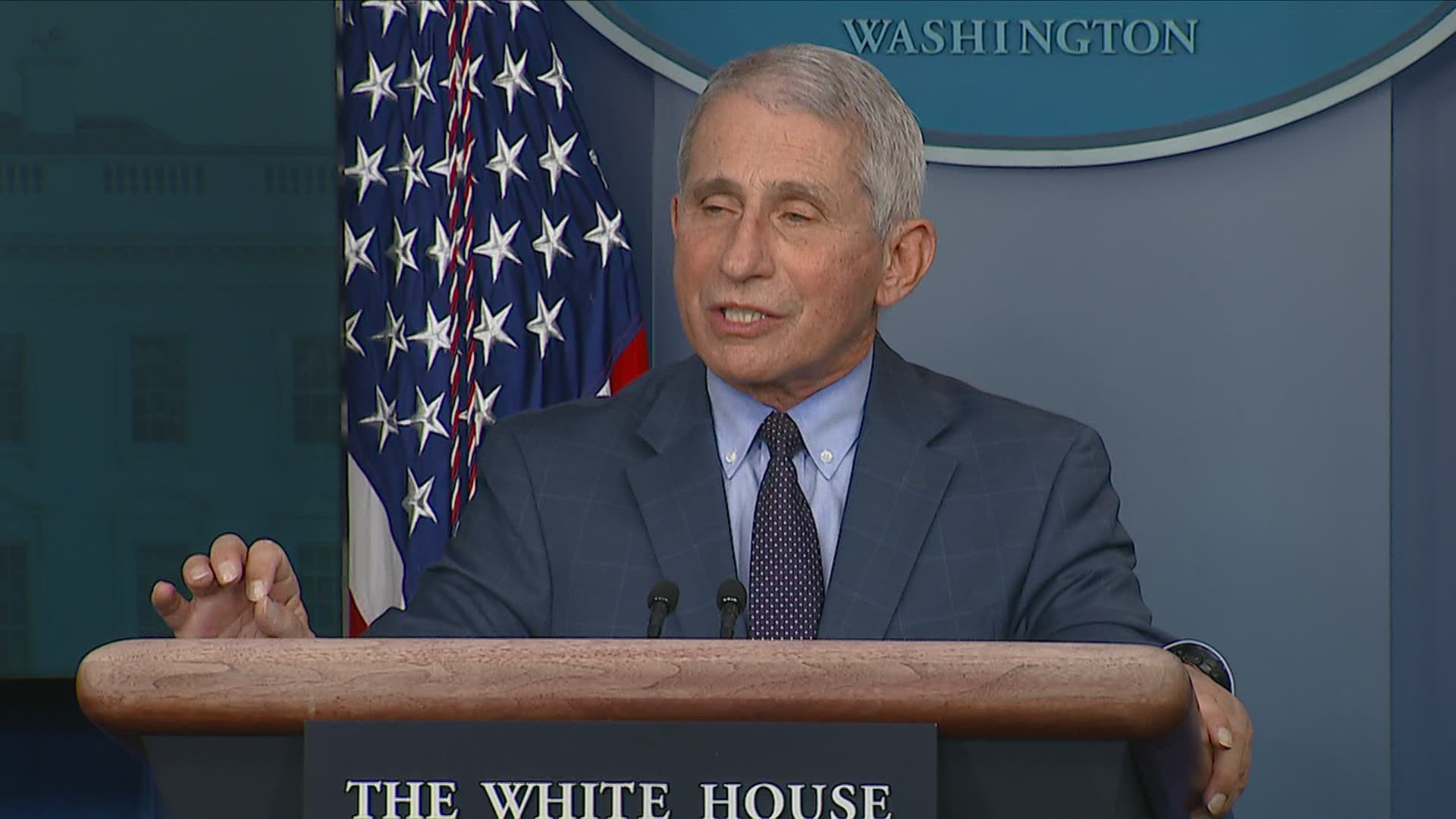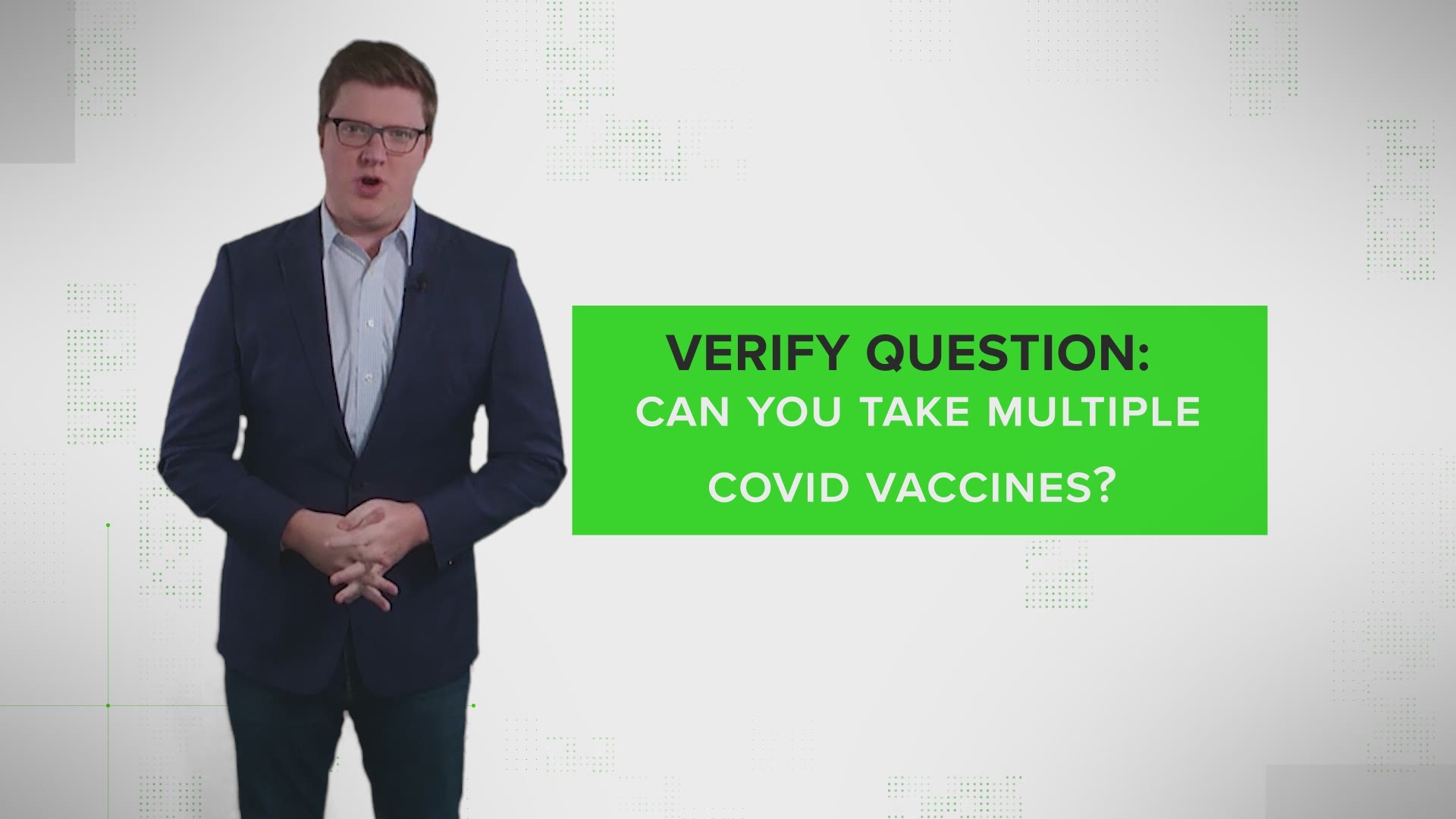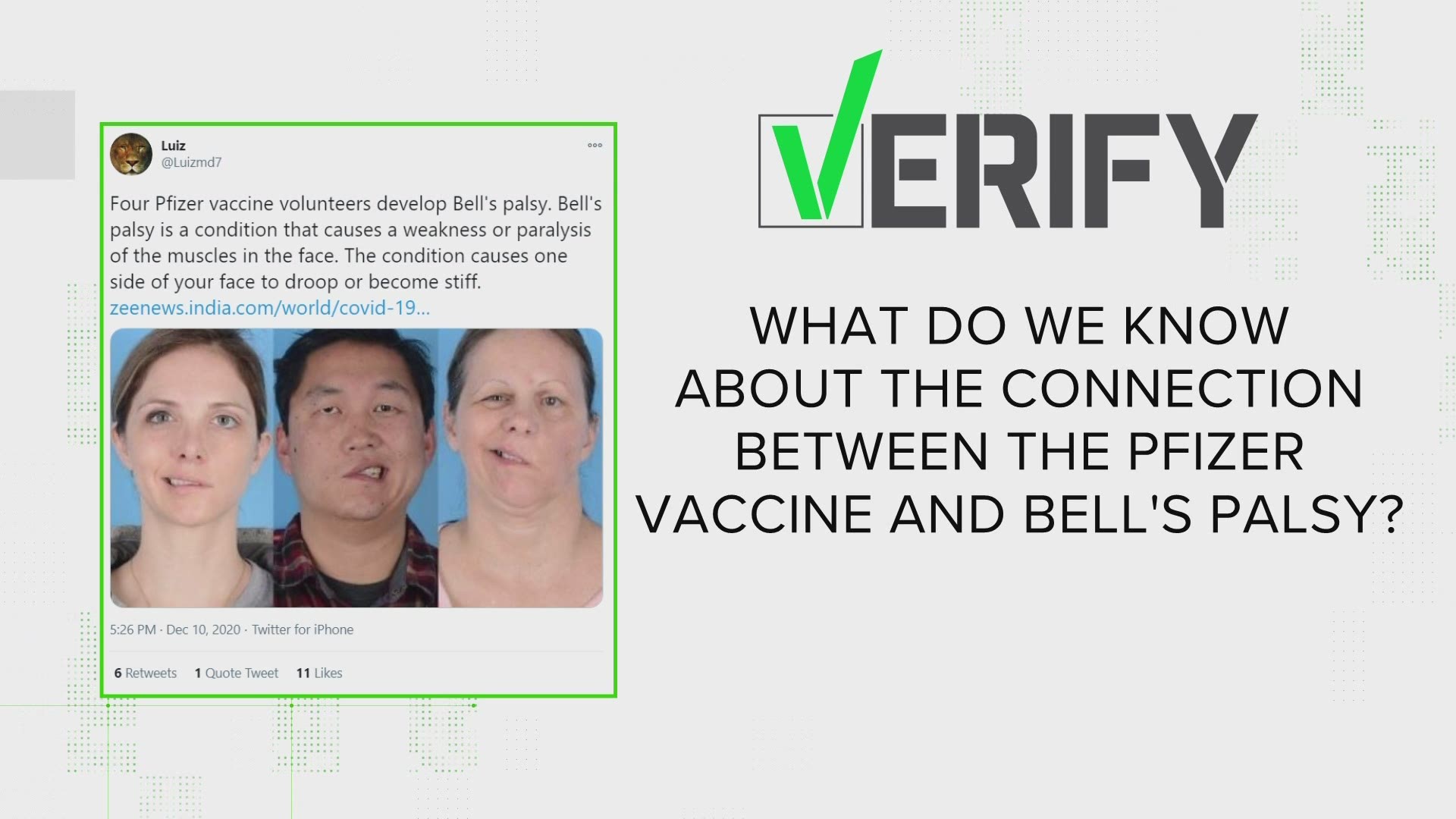TOLEDO, Ohio — On Thursday, the Food and Drug Administration advisory committee will discuss the results of the Moderna COVID vaccine trial in a public hearing.
If the committee agrees that the vaccine is safe and effective, the FDA could approve an emergency use authorization on Friday, and Moderna vaccines could be distributed early next week. The Pfizer vaccine was given an EMU last Thursday.
In a Kaiser Family Foundation poll released on Tuesday, 71 percent of Americans say they are now willing to take the vaccine, an increase of eight points from last month. Medical experts say that 70 to 80 percent of Americans will need to take a vaccine to create herd immunity.
Many people continue to have questions about the vaccine. I am listing some of these questions below. The Pfizer and Moderna products are both messenger RNA vaccines, with very similar results and side effects. The answers pertain to both vaccines, unless otherwise noted.

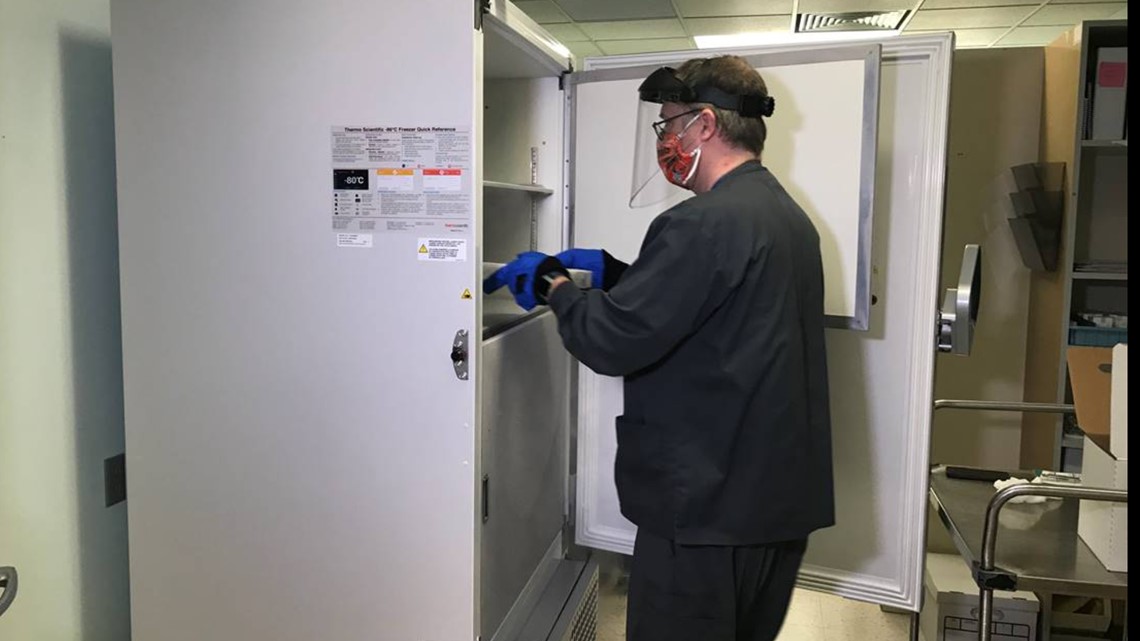
What exactly is a messenger RNA vaccine?
The Pfizer and Moderna vaccines use mRNA, a genetic molecule, to trigger an immune response from the body. The SARS-CoV-2 virus, which causes COVID-19, consists of several different proteins. One of those proteins is the spike protein (when you look at that scary picture of the coronavirus, you see the spikes). In the mRNA vaccine, a molecule containing a genetic code is injected that instructs your body to produce that spike protein. Your body recognizes it as an invader and your virus-fighting cells kill it. Your immune system, however, remembers it and prevents the spike protein of the real virus from binding to your cells if you are later exposed.
But your body is producing an element of the virus. Isn't that dangerous?
No, SARS-CoV-2 has many, many proteins. The spike protein is harmless by itself. It is the equivalent of giving someone a wheel and asking them to build a car. Your body can't "build a car" with just the spike protein.
So what's the difference between the Pfizer and Moderna vaccines?
If mRNA were injected by itself into the body, it would be destroyed immediately. The designers needed to create a vehicle to get the genetic code to your cells before it is destroyed. Both Pfizer and Moderna encase the mRNA in a protective lipid (fatty) covering. However, how the companies made their coverings is a closely guarded secret. What we do know is that Pfizer's needs to be stored at minus 70 degrees Celsius in a special medical freezer. Otherwise, the lipid covering becomes unstable and falls apart. Moderna's can be stored in a regular freezer.

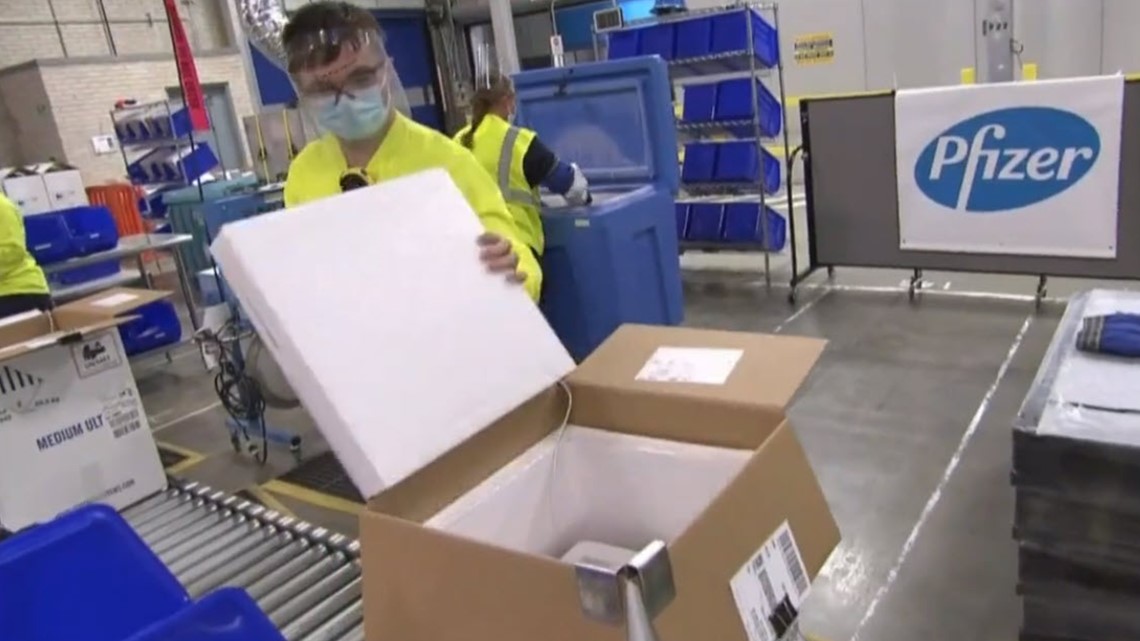
Do both vaccines work?
Both vaccines went through large clinical trials. Pfizer enrolled close to 44,000 people and Moderna included 30,000. Half of the participants were given a placebo. Both manufacturers reported an efficacy of around 94.5 percent. in the Pfizer trial, 162 of 170 infections were in the placebo group. In Moderna's case, 90 of 95 were in the placebo group. The vaccines even appear to protect against severe disease in the few people who developed COVID-19.
Efficacy is just a fancy word for effectiveness, right?
Efficacy is used in a clinical trial sense. Effectiveness of a vaccine is determined from the point the general population is vaccinated. We won't know the effectiveness for many months.
How was this produced so quickly?
Few people understand that this type of vaccine has been studied for about 30 years, but it has never been approved for use against a disease. Theoretically, this technology could be used against any infectious disease, as long as you know the right mRNA sequence for the disease. Once Chinese scientists identified the SARS-CoV-2 virus (COVID-19 is the disease caused by SARS-CoV-2), they were able to map the genetic sequences, including for the spike protein. Other researchers around the world then had a roadmap once the virus spread.
And, unfortunately, the trials were able to be completed so quickly because the virus is so widespread. Pfizer needed 170 people who got the placebo or vaccine to develop the disease, which did not take long. In Moderna's trial, they enrolled 15,000 fewer people but were only looking for 95 infections.
Will I have a choice as far as which vaccine I get?
It will largely depend on the vaccine that will be available in your area. Since Moderna is easier to store, the thinking is that rural and hard-to-reach areas that don't have medical freezers will be the target of the Moderna vaccine.
How about side effects? What can I expect?
Any medication comes with some kind of risk, but there have been no serious risks associated with either vaccine. The most common complaint has been arm soreness at the injection site. Less common side effects have been fatigue, headaches, and low-grade fevers. These complaints were found more often in the Moderna trial, though not at worrisome levels. Interestingly, Pfizer reported that side effects were reported less often in people 55 and over. If you have a reaction, it is a sign that your body's immune system is being triggered.
But I heard that some people developed Bell's palsy and severe allergic reactions?
In the Pfizer trial, four people who got the vaccine later developed Bell's palsy. For the Moderna trial, three developed it. Those are still within the normal range (12 to 25 per 100,000) of people annually developing Bell's palsy in the United States. Pfizer says there is nothing in its vaccine that could cause the disease. However, researchers say it is something that will be watched closely as more people are vaccinated.
As far as allergies, a handful of people in the United Kingdom developed severe reactions in the first couple days of vaccinations. It was determined that those people were already known to have severe allergies. On Tuesday, a health worker in Alaska was hospitalized after having an allergic reaction to the vaccine. That person had no known drug allergies. The CDC has said that it believes people with allergies can safely take the vaccine, though it recommends remaining at the vaccination location for 30 minutes in case you have a reaction. However, it recommends against vaccination for people with known reactions to injectable medications. Others who have concerns of a reaction should wait at the site for at least 15 minutes after injection.
I am pregnant or think I may be pregnant. Can I get the vaccine?
There is very little data available as far as side effects for those who are pregnant. But medical experts believe that the benefits outweigh the risks, since those who are pregnant are at higher risk of developing complications from COVID-19. One concern of doctors would be high fevers during pregnancy, which is not a known side effect of either vaccine. Discuss your concerns with your doctor.

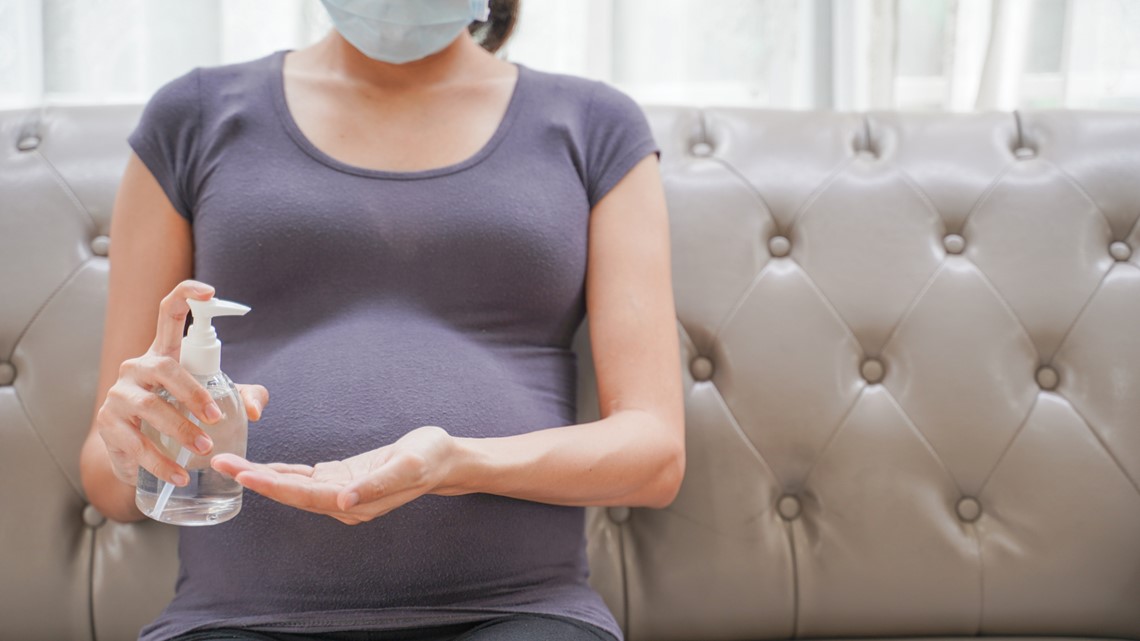
I've already had COVID-19, do I need to be vaccinated?
Yes. The recommendation is that everyone should eventually be vaccinated. Studies have shown that natural infection typically results in antibodies against the virus for about three months. There have been cases of people be re-infected. People who have received the vaccine seem to have developed not only higher levels of antibodies, but also a greater response from the bodies "killer T cells." The CDC is, however, considering the question of whether or not people who have had COVID-19 should wait 90 days after infection before being vaccinated.
If I get the vaccine, am I guaranteed not to get the virus?
There are no guarantees with vaccines. Anything over 50-60 percent is considered a viable vaccine, so the efficacy of 94.5 percent is much better than most vaccines. But that still means that one out of 20 people who get the vaccine will get the disease. Within months, you will likely hear multiple stories of people who were vaccinated, yet got the disease. However, the early results indicate that a vaccine also provides some protection against serious disease.

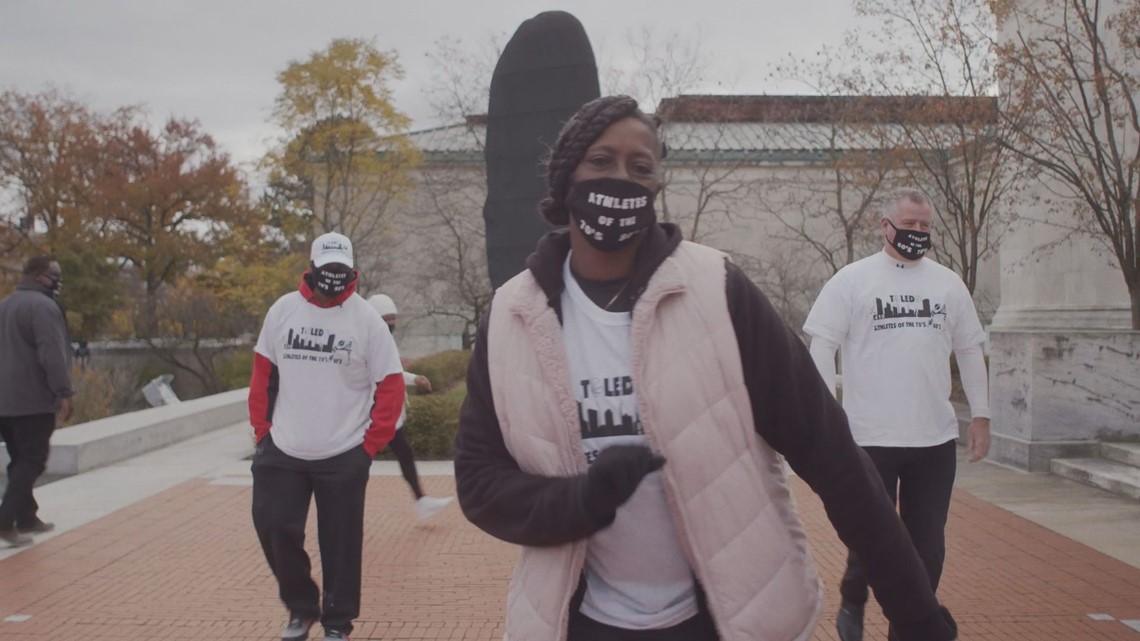
Now that I've gotten the virus, can I get rid of my mask?
No. It will be awhile before we have conclusive data on whether a vaccinated person can still spread the virus, so keep practicing good hygiene and prudent safety precautions until we know more.
How's that possible if I'm protected against the disease?
The vaccine prevents the virus' spikes from bonding to your cells and causing the disease. Researchers don't know whether a vaccinated person can be exposed to the virus, carry it, and pass it on. High levels of the virus are found inside a person's nose. Conceivably that could be the case for a person exposed to the virus, and then they could pass on the virus with a sneeze, for example. More data will be out in the months ahead.
When will life return to normal?
No one can predict that for sure, but most medical experts believe that there will be a noticeable improvement in the COVID-19 numbers by spring or early summer. An early sign will be if the positivity rate begins to drop significantly. In Ohio, that number is over 17 percent, though it was under 3 percent in the early fall. Another indicator could be the reproduction rate of the virus. If it stays under 1.0, the virus will have a much more difficult time spreading.

